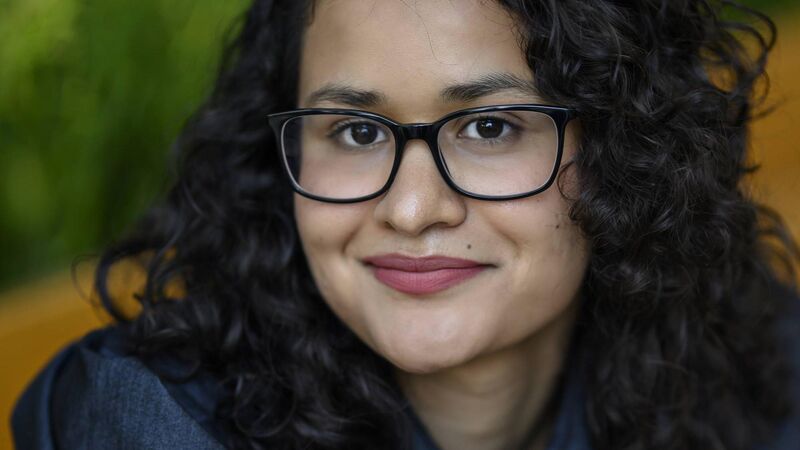Sola Mahfouz, Afghan author: 'The burka’s a symbol of what is taken from a woman'

Sola Mahfouz Defiant Dreams co author
At the age of 16 in Afghanistan, Sola Mahfouz didn’t know how to add or subtract. Today at 27 she’s a quantum computing researcher at Tufts University, Boston.
Along with Malaina Kapoor, Sola is co-author of newly-published Defiant Dreams, The Journey of an Afghan Girl Who Risked Everything for Education.







